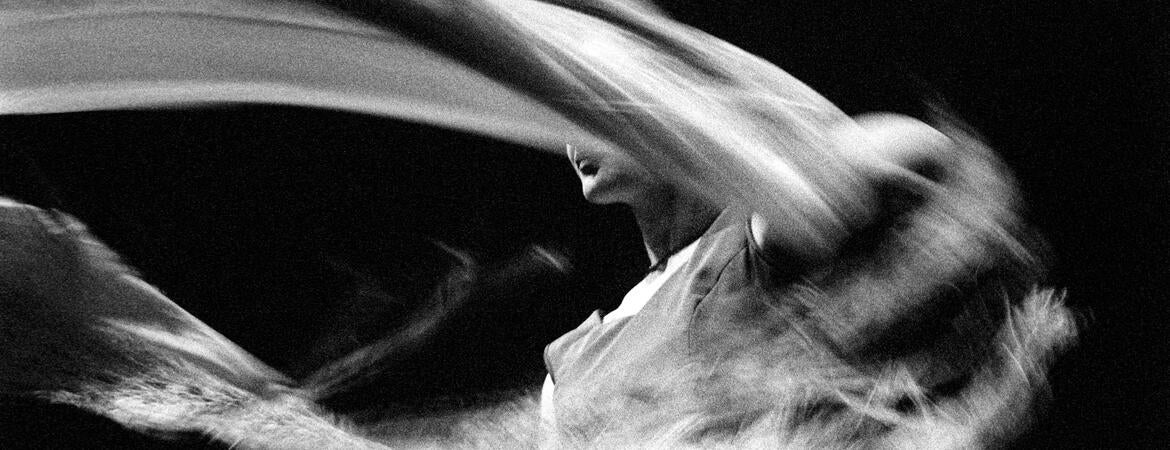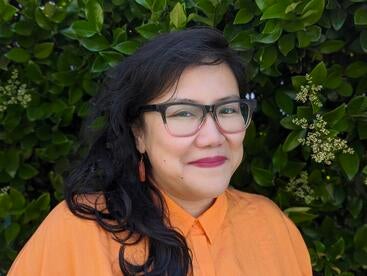In 2013, exiled Burmese artist Chaw Ei Thein gave a performance in New York City. She used her own body to display torture positions that political prisoners experience in her home country of Burma/Myanmar. During the Q&A that followed, she said that she found the torture positions “kind of beautiful…” and was quickly ushered off-stage as members of the crowd shifted in discomfort.
“Performing Vulnerability: Risking Art and Life in the Burmese Diaspora,” by Emily L. Hue, an associate professor of ethnic studies at UC Riverside, follows displaced artists like Thein in New York City as they navigate the intersection of art, politics, and humanitarianism.
Using their own bodies as canvasses, some find refuge abroad by displaying the violence, censorship, and suffering they experienced back home through their art. Resettling in countries that supposedly offer freedom of expression, the artists find that they still must meet the expectations of international art and humanitarian communities to sustain their livelihoods and asylum status. The book explores ways the artists’ needs are not always fully recognized by the communities and organizations that hope to support them, and ways they are able to push boundaries to assert their own agency and freedom of expression.
The book answers questions such as, what does their insistence on vulnerability say about how the arts and humanitarian industries operate? What privileges and punishments come out of critiquing the Burmese state? How do self-injury performances translate into political and economic gains or roadblocks for resettlement?
“Performing Vulnerability” is published by the University of Washington Press and is available for sale on the press’s website.

